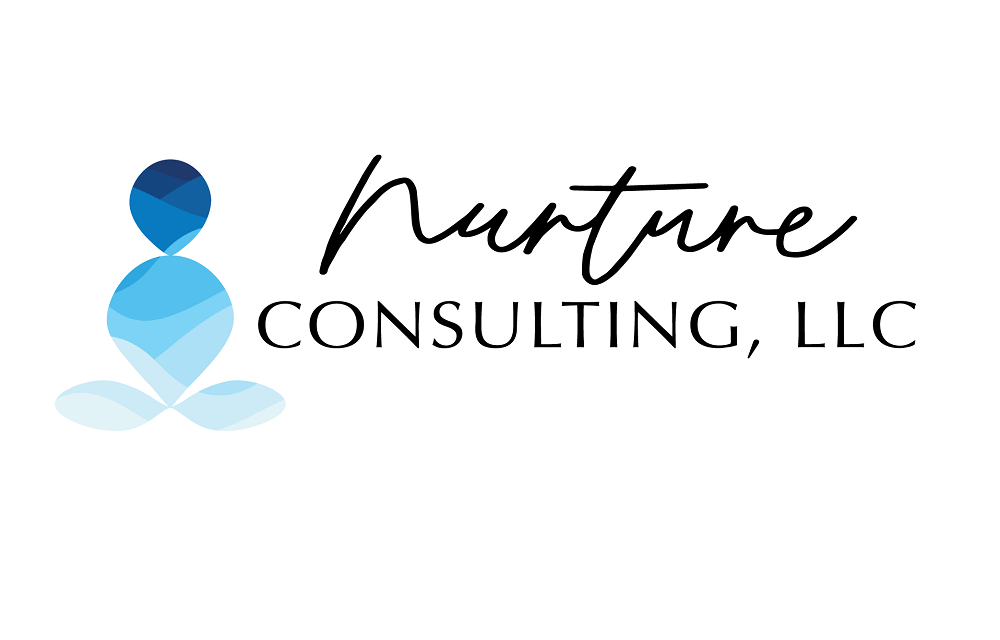Embracing Your Own Needs in Eating
Photo by Sahil Pandita (@sahilxclicks) via Unsplash
Do any of the following statements sound familiar to you?
"I'm hungry in the morning but I feel guilty eating breakfast when I'm with my sibling because they fast until lunchtime."
OR
"I feel ashamed of needing to eat an afternoon snack. No one else on my work team eats snacks."
OR
"I never see my colleagues eat a full lunch. I want to eat a full lunch but feel like I'd be judged. I don't want people to comment on how much I'm eating."
If any, or all, do, I'm sending you so much compassion. It’s hard to live in a world where there are endless opinions about what someone “should” eat or “shouldn’t” eat, how much is appropriate to eat, when you “should” and “shouldn’t” eat, and so on.
We’re Disconnected
It’s not surprising that someone (perhaps you?) feels disconnected from their needs and unsure about what to eat when there is endless noise in the environment.
Diet culture wreaks havoc on our relationship with food and can leave us believing that we eat too often or too much. This couldn't be further from the truth! When we are able to drown out the external voices/chatter/noise around food and eating, we open up a space for being able to listen to our needs, desires, and preferences.
Everyone's needs are different. It's completely normal to eat multiple meals and snacks every day. If you want breakfast, you deserve to eat it. If you need an afternoon snack, you deserve to eat it. If you want to eat a full lunch, you deserve to eat it.
You do you. No one else lives in your body and knows what you need. Eat when you need to and when you want to. There's no reason to mimic someone else's pattern of eating.
We can't control what other people think, believe, or say. We can make the choice to live by, and practice, our own values (it's challenging, I know). We can do our best to resist internalizing diet culture beliefs and challenge ourselves to listen to our own needs.
Gentle Reframing
In that vein, let’s reframe the statements above in a more productive and kind manner.
Original Statement #1:
"I'm hungry in the morning but I feel guilty eating breakfast when I'm with my sibling because they fast until lunchtime."
Reframes:
“It’s okay for me to eat breakfast in the morning. A morning meal gives my body energy to begin the day.”
“When I respond to my body’s hunger cues, I’m practicing self-care.”
“I don’t have to mimic my sibling’s eating pattern. They can choose what works best for them and I can choose what works best for me.”
Original Statement #2:
"I feel ashamed of needing to eat an afternoon snack. No one else on my work team eats snacks."
Reframes:
“It’s okay for me to have a snack at work. A snack will give me an energy boost so I can focus on my job.”
“It’s okay if I am the only one eating. I am allowed to eat even if no one else is.”
“I can keep my eyes on my own plate/work/situation. It’s not a good use of my time to be monitoring someone else’s eating habits.”
Original Statement #3
"I never see my colleagues eat a full lunch. I want to eat a full lunch but feel like I'd be judged. I don't want people to comment on how much I'm eating."
Reframes:
“My brain is telling me that other people are judging what and how much I’m eating. My thoughts are not facts. I don’t know what other people are thinking and I can’t control whether they make comments or not.”
“It’s okay for me to eat a full lunch because this is what my body needs. Responding to my body’s needs is a form of self-care.”
“It’s unfair to make assumptions about my colleagues’ eating patterns. They can choose how to feed themselves and I can choose how to feed myself.”

